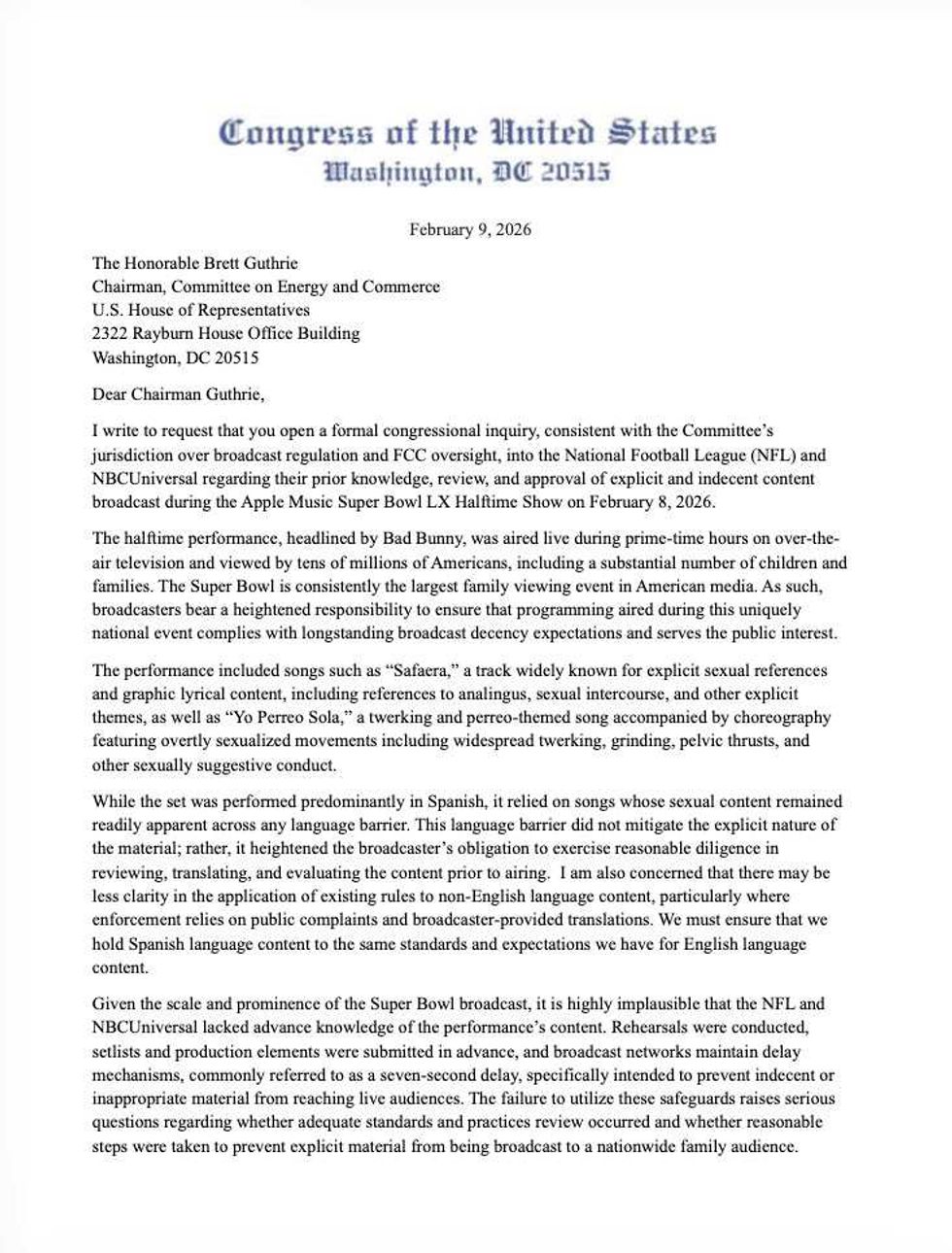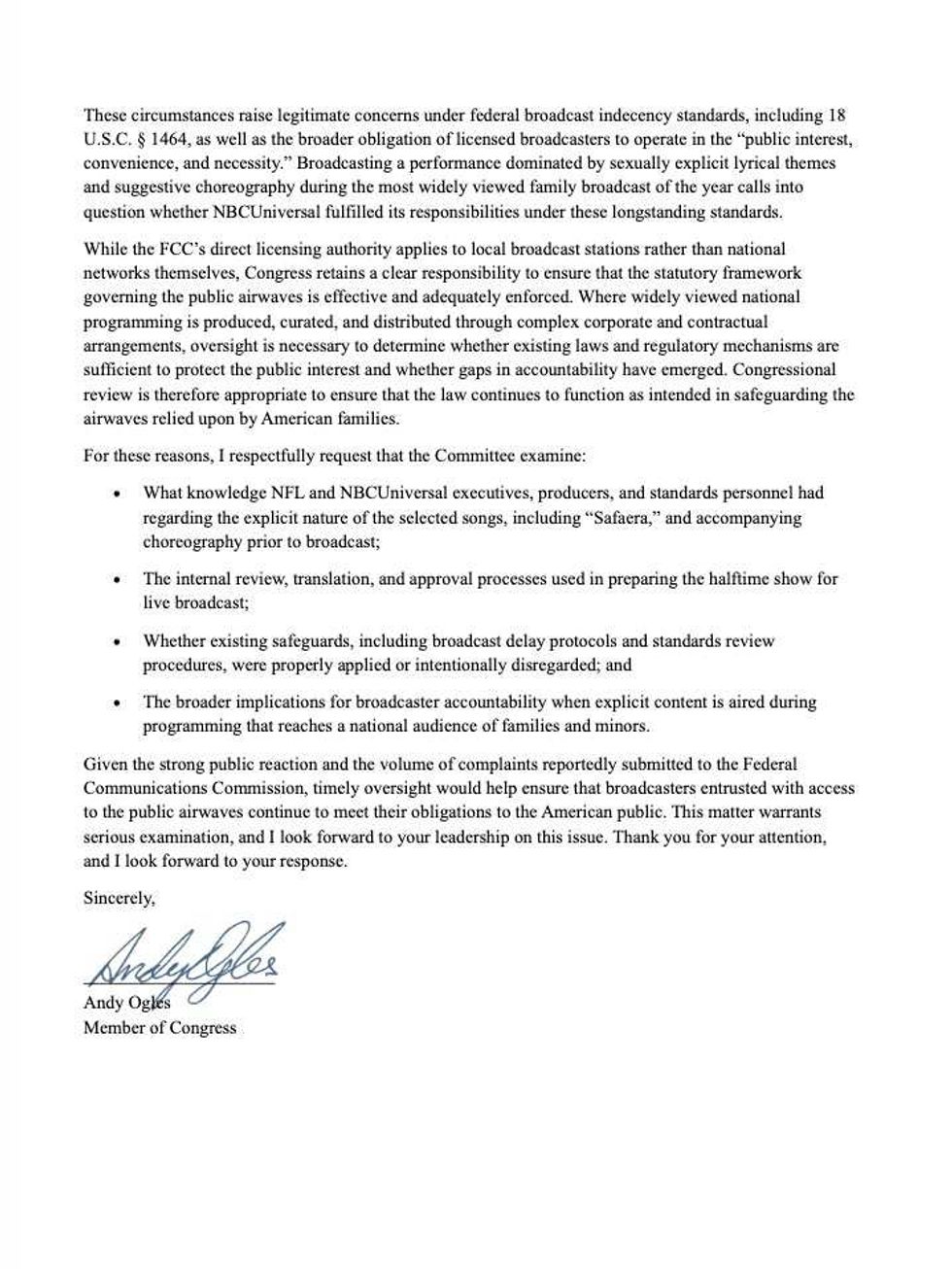A savvy shopper slashed her weekly food bill to half by batch cooking two weeks' worth of dinners at a time, only spending around $7.
Liane Wells became a cut-price connoisseur when she and her husband Ashley moved to a house near a retail park in Bedfordshire, with a large supermarket on their doorstep.
Snapping up the yellow sticker stock, reduced for sale every evening, soon the couple were living solely on cut-price produce. Although Liane has slipped in the odd non-reduced item since she started batch cooking a few months ago.

Creating up to 14 portions of food at a time for less than $7.
“I used to live off yellow sticker cooking and would pay absolute peanuts for things," she said.
“My freezer was full of chicken I'd picked up for 50 pounds and lunch would be reduced sandwiches I'd got for just 20 pounds."
“Now I'm working longer hours, I batch cook more but it's been a life-saver. It's such an inexpensive, easy way to eat. I'll make 10 to 14 portions of a curry, chilli or stew for around £4 to £5."

In her teens, Liane discovered her money saving skills, when she started wearing fantastic charity shop finds.
Then, around four years ago, her bargain hunting search spread from her wardrobe to her kitchen when she moved near a newly-opened M&S supermarket and discovered yellow sticker food.
“I soon learnt that if I went into the shop at around 5:30pm, staff were just starting to put out the reduced items. I was amazed by how much was on offer. I started timing my shops especially," she said.

“While it meant I couldn't plan ahead too much, as dinner would depend on what was on offer, I found it fun to challenge myself by thinking outside the box when deciding on a recipe," she continued.
Then Liane found an entire community of fellow bargain-hunters online, who shared tips and hints about the latest deals.
“I learnt so much through other people. I'm not the chattiest person online, but everybody was lovely and friendly," she said.
“I found out that supermarkets reduce their stock at different times. Some do it first thing, while others leave it to the end of the day when they have more of an idea of what will and won't sell. It's a bit of a fine art and took a fair bit of hanging around different shops to see what was going on – supermarket stalking, as I called it – but I soon worked it all out."

“Of course, it all depends on the closing time of your local store and what their managers choose to do," explained Liane.
“That's why it's good to do a bit of research, so you aren't wasting a trip to the supermarket."

Since changing jobs to a role with longer hours this summer, Liane has relied less on yellow sticker bargains and more on batch cooking to keep costs down.
Timing her shops carefully, she still picks up reduced stock only paying full price when she absolutely has to. Then, rustles up a recipe to see her through the next fortnight.
Her favorite dishes are chilli con carne, Bolognaise, chicken curry and cottage pie with mustard mash.
While some recipes cost her $7.8 to $9, from others she can make 14 portions for less than $5.
“Like many of us, I did put on a bit of weight in lockdown, being stuck at home," she said.
“I'm the kind of person that if I shop every day and make a new recipe each night, I'll likely overload my portion size without even meaning to. But batch cooking means everything is measured out. I'll use meat that I've picked up cheaply and frozen and then bulk it out with whatever vegetables I can find."

“So much of it is given away for next to nothing purely because of its sell-by date, and while I wouldn't gamble with something that could give me food poisoning, like dairy, you can get a bit more life out of most fruit and vegetables," she said.
“I'll just cut away the bits that are a little worse for wear and use everything else. I take most of my fresh produce out of the packaging, so instead of relying on sell by dates, I use my senses, asking myself if it looks and smells right."

Although her precise weekly food bill depends on what bargains she has bagged, it is usually around $30 to $40 which is less than half the UK average which, according to recent figures from the Office of National Statistics.
“Sometimes we'll spend more if we're treating ourselves. I work to quite a strict budget," she said.
“I know some people get their shops cheaper, but Ashley and I are foodies."

Now Liane wants to encourage more people to follow in her thrifty footsteps, which she hopes will make them more mindful of food waste.
“The amount of perfectly good produce that's thrown away every single day is really sad," she said.
“I wish supermarkets could at least give it away to homeless people or those struggling, so it doesn't just end up in the bin."

“There's a whole community of us online who love bargain cooking and are more than willing to share hints and tips about where to find the latest deal," she concluded.
“So, to anyone wanting to get involved, I'd say go for it."









 @RepOgles/X
@RepOgles/X @RepOgles/X
@RepOgles/X





 @chrisbrownofficial/Instagram
@chrisbrownofficial/Instagram u/oatlatt/Reddit
u/oatlatt/Reddit u/LoveTheAhole/Reddit
u/LoveTheAhole/Reddit u/SoFetch89/Reddit
u/SoFetch89/Reddit u/00trysomethingnu/Reddit
u/00trysomethingnu/Reddit u/kittybuscemi/Reddit
u/kittybuscemi/Reddit u/___nic/Reddit
u/___nic/Reddit u/WaterMagician/Reddit
u/WaterMagician/Reddit u/west-brompton/Reddit
u/west-brompton/Reddit u/GhostlySpinster/Reddit
u/GhostlySpinster/Reddit u/Asleep_Tap6199/Reddit
u/Asleep_Tap6199/Reddit u/afreudtolove/Reddit
u/afreudtolove/Reddit u/myfriendtoldmetojoin/Reddit
u/myfriendtoldmetojoin/Reddit
 @charlesbeckinsale/Instagram
@charlesbeckinsale/Instagram @liamgriffin/Instagram
@liamgriffin/Instagram @valentinoguseli/Instagram
@valentinoguseli/Instagram @17is/Instagram
@17is/Instagram @torahbright/Instagram
@torahbright/Instagram @mcfetridge/Instagram
@mcfetridge/Instagram @colleenquigley/Instagram
@colleenquigley/Instagram @jonathanwaynefreeman/Instagram
@jonathanwaynefreeman/Instagram
 @amberglenniceskater/Instagram
@amberglenniceskater/Instagram